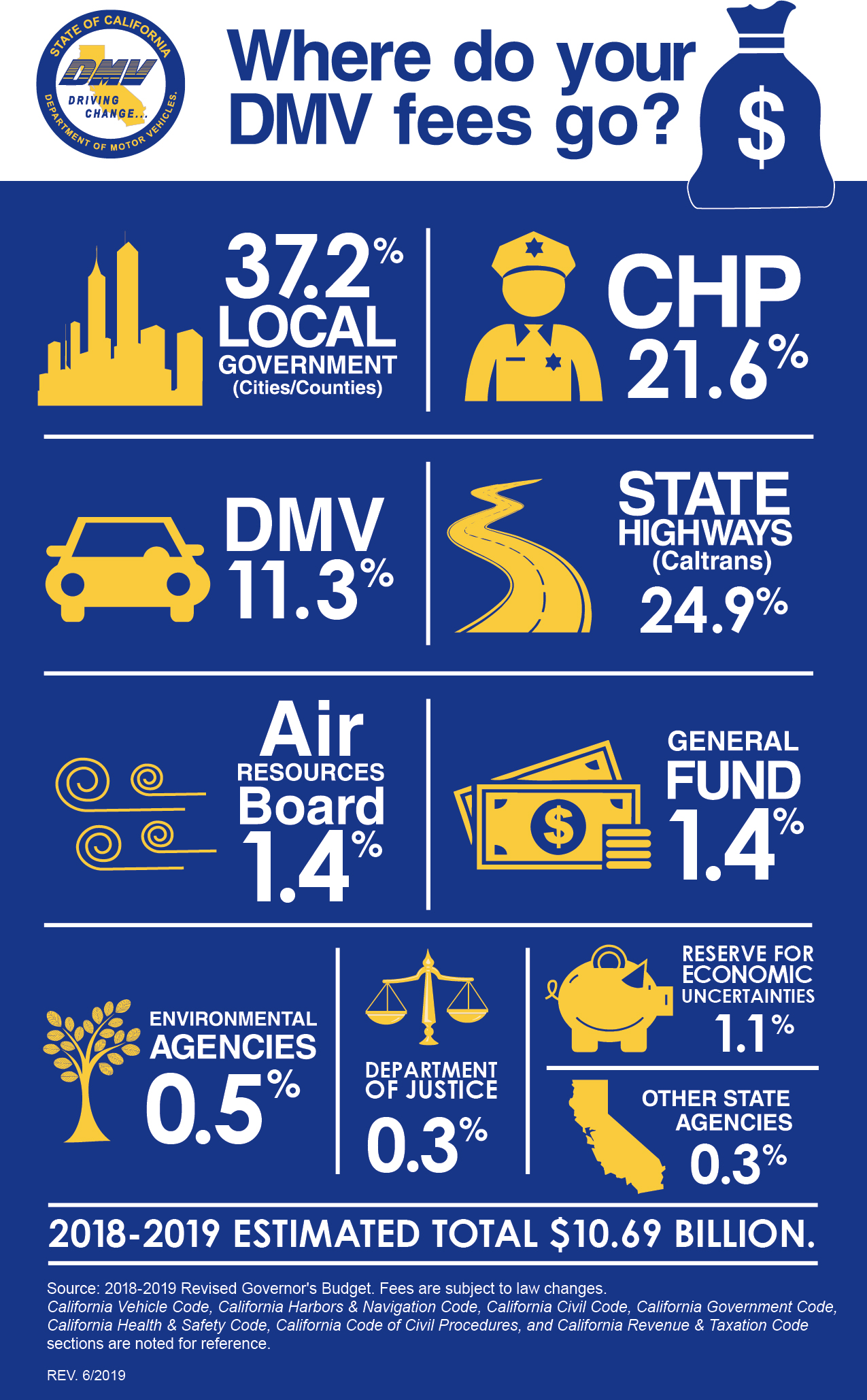Welcome to our article exploring the question, “Why is my car registration so expensive?” Join us as we delve into the factors that contribute to the high costs associated with car registration.
Why Is My Car Registration So Expensive?
1. Age of the Vehicle
The age of your vehicle plays a significant role in determining the cost of registration. Newer vehicles generally have higher registration fees, even if you are leasing them. It is important to consider the age of your vehicle when budgeting for registration costs. While you cannot avoid this fee, you can discuss it with the car dealer and inquire about incorporating it into your monthly payments.
2. Value of the Vehicle
The value of your vehicle also affects the registration fees. When purchasing a new vehicle, the high value contributes to higher registration costs. The price of cars has increased over the years, impacting the overall cost of ownership. During the car-buying process, be aware of the fees and payments associated with the vehicle’s value to avoid unexpected financial surprises.
3. State Variations
Each state has its own car registration fees, which can vary significantly. Moving to a different state may result in different fees, so it’s important to be prepared for these changes. State governments utilize the registration fees to support their respective needs. Factors like the cost of living in a state can influence the registration fees charged. Since there is no federal regulation on car registration fees, variations in costs persist.
4. Processing Fees
Registration fees consist of several components, including processing fees. These fees cover administrative costs associated with registering the vehicle. When reviewing the breakdown of registration fees, you will notice different components contributing to the overall cost.
It is crucial to understand these factors and their impact on car registration fees. By considering the age and value of the vehicle, variations across states, and processing fees, you can better navigate the car registration process and anticipate the associated costs.
6. Car Registration as a Tax
Car registration fees can be considered a form of tax imposed by state governments. Like other taxes, it is an obligatory payment that residents are accustomed to making. The fees contribute to maintaining the state’s road infrastructure and funding various governmental services. While it may be challenging to determine the exact allocation of these funds, the overall cost of living in a state often correlates with higher registration fees. As part of the tax burden individuals face, car registration fees tend to remain consistent or increase over time.
7. Contribution to Road Maintenance
Roads play a crucial role in our daily lives, facilitating transportation and connectivity within a state. Car registration fees contribute to the upkeep and maintenance of these roads, ensuring they remain accessible and in good condition. While some roads may have additional tolls, the general use of local roads is covered through car registration payments. Recognizing the importance of having well-maintained roads can help provide perspective when faced with expensive registration fees. Access to roads is vital for accessing essential services, such as stores, restaurants, and workplaces, which underscores the value of car ownership.
8. Vehicle Ownership as a Luxury
Owning a car is increasingly becoming an expensive endeavor, encompassing various costs such as car washes, fuel, and insurance. These expenses continue to rise over time due to the perception that car ownership is a luxury. Many individuals cannot afford a vehicle and rely on public transportation as a more cost-effective option.
The optional nature of car ownership prompts some people to question its necessity, particularly with the availability of delivery services, remote work, and ride-sharing platforms. The higher fees associated with luxuries and choices highlight the contrasting lower costs of necessities. As a result, households may opt for one-car households or explore alternative transportation options.
9. Fees Allocated for State Needs
Running a state comes with significant expenses, including maintaining infrastructure, buildings, and supporting the well-being of its residents. To cover these costs, states rely on various fees and registrations imposed on their residents. The funds collected from car registration fees contribute to addressing the state’s diverse needs.
As states differ in terms of financial requirements, residents may experience variations in fees when relocating. The allocation of registration fees is determined by the state government, and while the exact distribution may not be transparent, it is meant to address the current priorities and challenges within the state. These ongoing expenses and demands help explain why registration fees tend to remain high and seldom decrease.
10. Willingness to Pay
Another factor contributing to the persistence of high car registration fees is the willingness of individuals to pay them. Despite complaints about the costs, people generally prioritize owning a car and are determined to fulfill their purchase plans. The desire for a new vehicle often outweighs the inconvenience of registration fees exceeding expectations.
As long as individuals continue to register their vehicles and pay the fees, there is little incentive for states to reduce or revise the charges. States understand this dependency and the legal requirement of vehicle registration, ensuring a consistent flow of revenue. Only when individuals choose alternative modes of transportation or collectively protest against excessive fees might there be a potential for change. Until then, the current system remains in place, and individuals must prepare for these expenses by including them in their budgets.
Did California car registration fees increase?

According to the DMV, the vehicle-renewal fee of $65 and the Vehicle License Fee, which is determined by the vehicle’s depreciated value, have remained unchanged.
In a statement provided to ABC10, the DMV clarified that certain miscellaneous registration fees were increased on January 1, 2022, as part of the annual adjustments based on the Consumer Price Index. Additionally, fees imposed by local jurisdictions such as counties, cities, or special districts may have also seen increases.
It’s important to note that additional expenses may arise if there are any outstanding parking violations or toll evasion fees that need to be resolved with the DMV.
Due to privacy concerns, the DMV did not provide specific information about Sandy Hatfield’s 16-year-old gold 2006 Chevy Trailblazer 4×4 when ABC10 made an inquiry.
If you have any questions or concerns regarding your vehicle fees, the DMV encourages you to contact them directly for further assistance.
How much are tags for a car in California?

| Fee type | Fee Amount |
|---|---|
| One year or less | $30 |
| More than one year up to (and including) two years | $50 |
| More than two years | $100 |
| Late penalties for renewal: |
How much are car registration fees in Louisiana?

The fees required for the issuance of a new vehicle title and registration are as follows:
– $68.50 for the title fee
– $15.00 for the lien recordation fee for UCC-1 financing statements, or $10.00 for the lien recordation fee for other security agreement documents, if applicable.
– $8.00 handling fee
– $6.00 local fee, which may apply but will not exceed $6
– License plate fee, determined based on the type, weight, and selling price of the vehicle.
– Sales use tax, calculated based on the vehicle’s domicile, and assessed on the sales price of the vehicle after deducting any qualifying trade vehicle and rebate. You can refer to the Parish Tax Table by clicking here.
